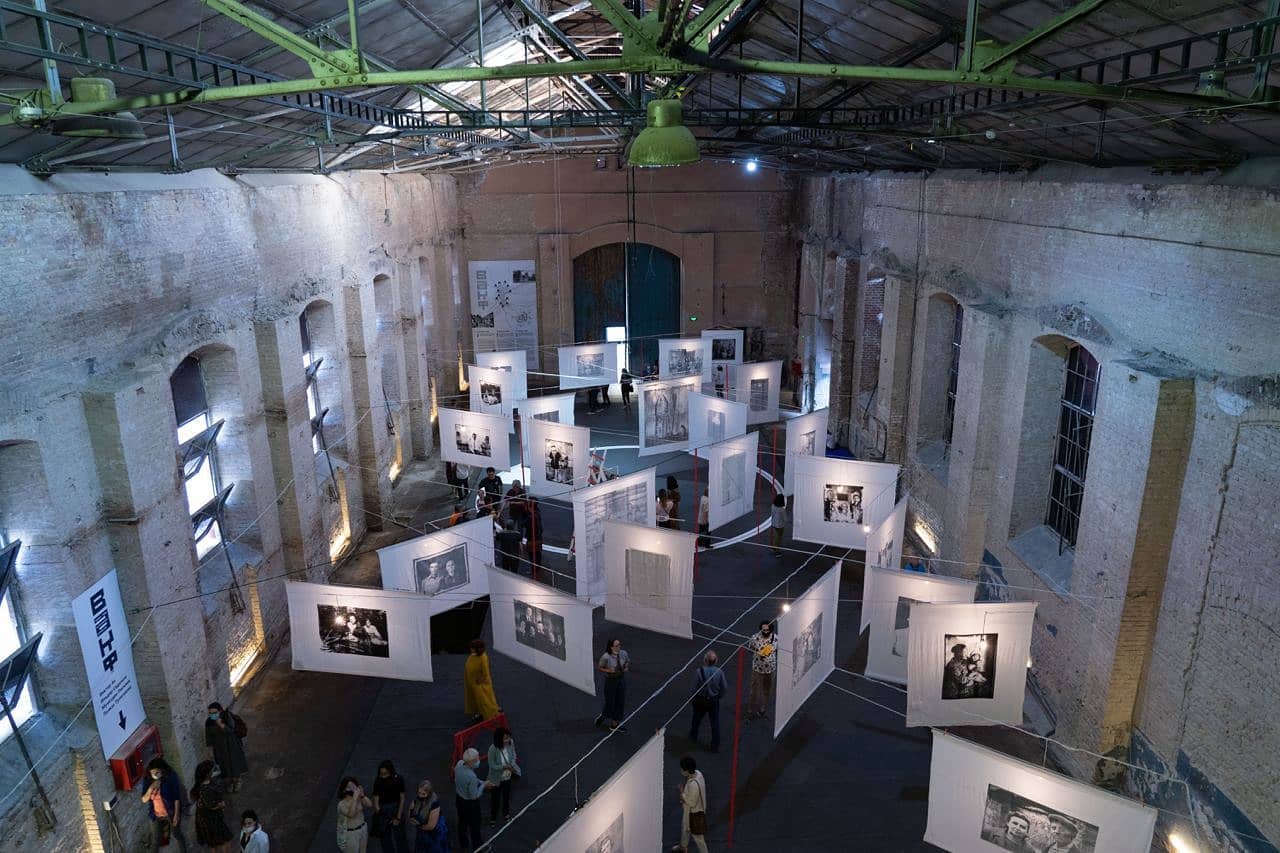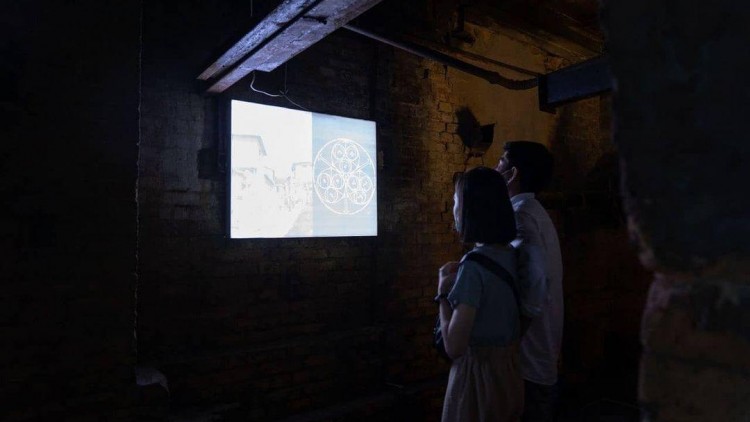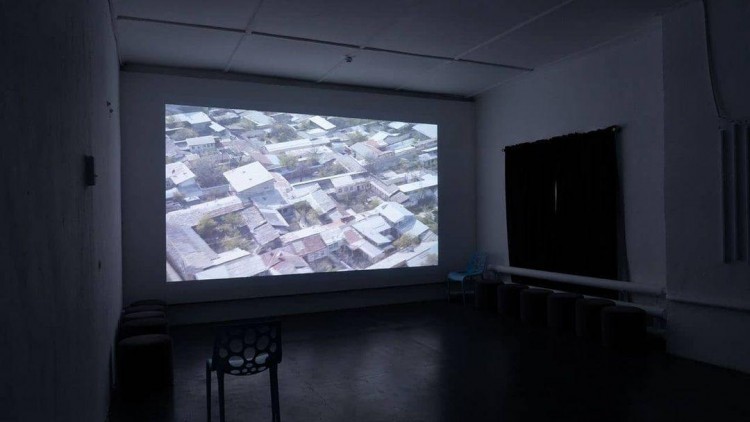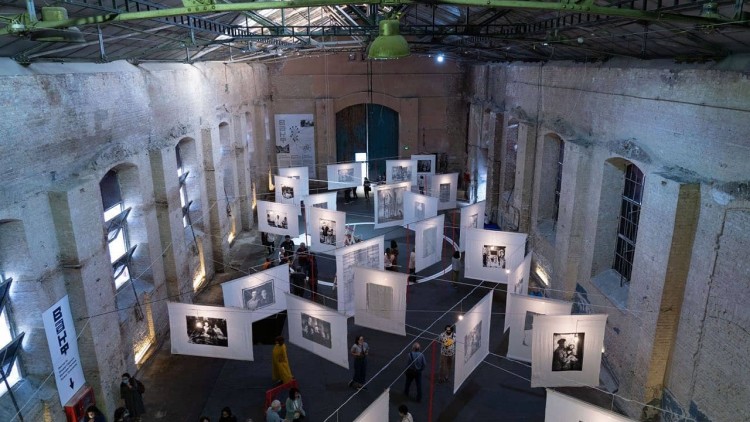Waqf
08.06.21-14.07.21
The project "Tashkent. Vakf" was a continuation of the "Langars of Uzbekistan" projects, focused on studying oral folk traditions and the environment of contemporary habitation.

Wakf — in Islamic law, is property transferred by the state or an individual for religious or charitable purposes. Vakf can include both immovable and movable inalienable property, but only if it is beneficial (generates income) and is not consumable. The person dedicating their property to vakf is called the founder of the vakf.
The city of Tashkent, like a living organism, has its own rhythm, life cycles, times of activity and rest. It has breath, energy, self-awareness, identity, appearance, customs, ways of celebrating or commemorating events, and reacting to emergencies. The main thing is its connection with nature. People have sought harmony with life since ancient times, as evidenced by archaeological monuments connected with the cycles of the cosmos and having their own code.
Tashkent's monuments carry significant information related to historical events and personalities in the history of Central Asia. They testify that Tashkent's architecture developed in the mainstream of Central Asian architectural traditions and canons with unique interpretations in typology, construction, and decoration. From the mid-19th century, Tashkent transformed into a "dual-focused" city consisting of two radial-ring systems: medieval and European. Based on this bipartite city, amidst rapid urbanization, Tashkent addressed the problem of architecture by combining the present with the past, allowing respect for the past while affirming memory for the future.
Today, Tashkent is a dynamically developing city. New buildings and architectural structures are being built. However, in the pursuit of modernity and innovation, have we lost the thread that stretches from the distant past? Has the meaning in geometric space been lost? The art world seeks to answer this question today...
Exhibition participants: Viktor An, Vyacheslav Useinov, Ildar Sadykov, Polina Pulatova, Bakhtiyor Nabiev, Zohid Rakhimkhodjaev, CCA Lab participants Mukhitdin Riskiyev, Laziza Tulyaganova, Aziza Pulatova, Valeria Kim.



